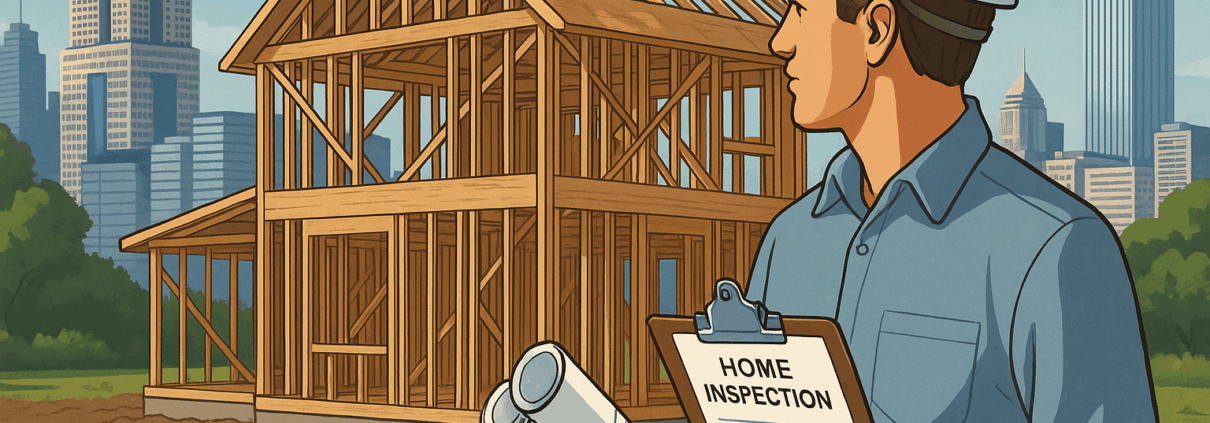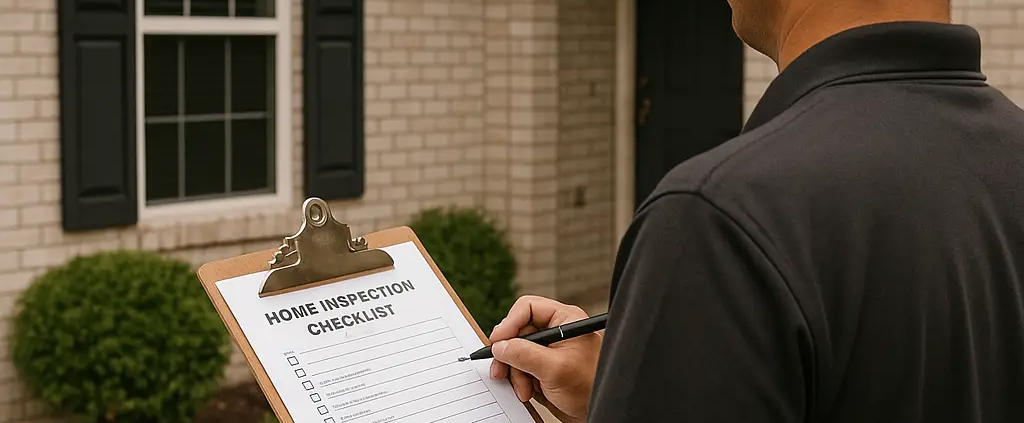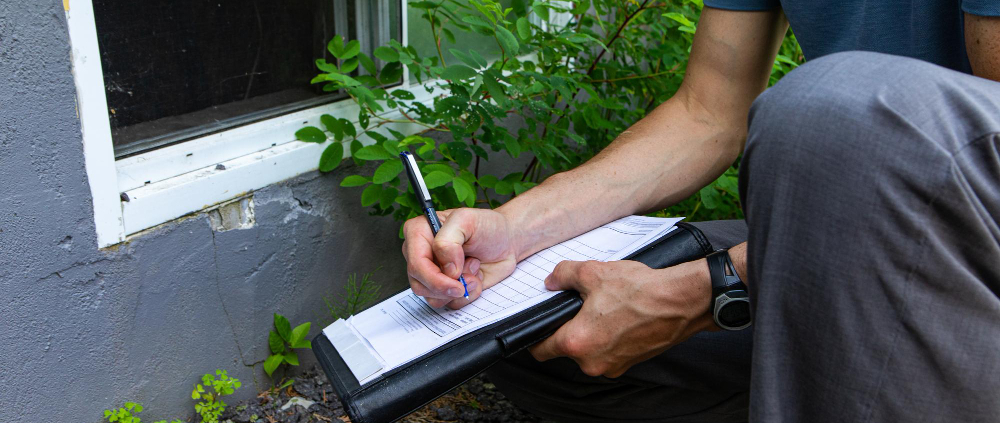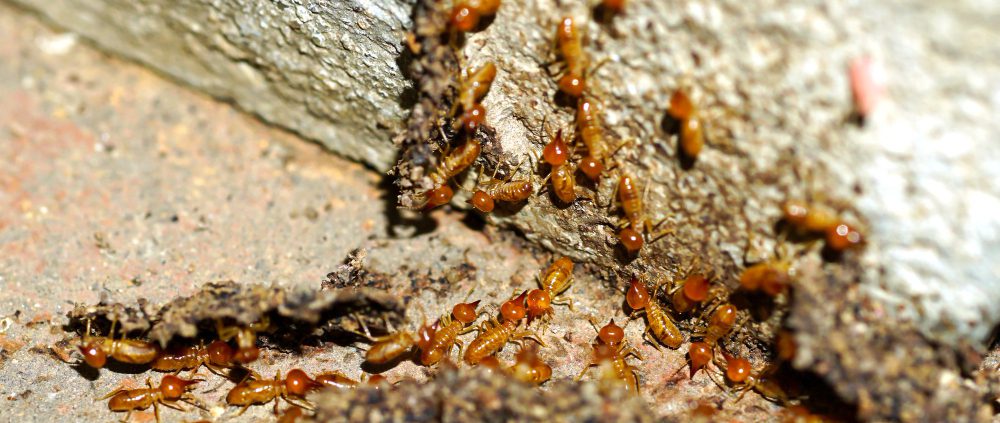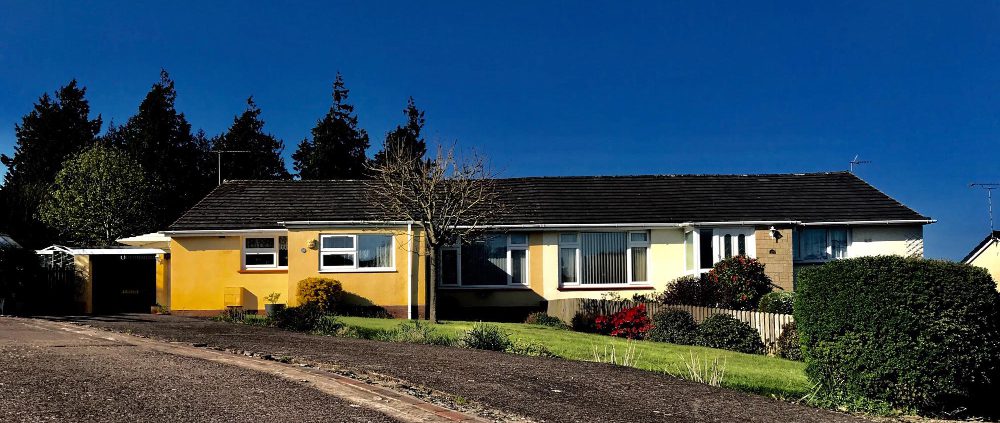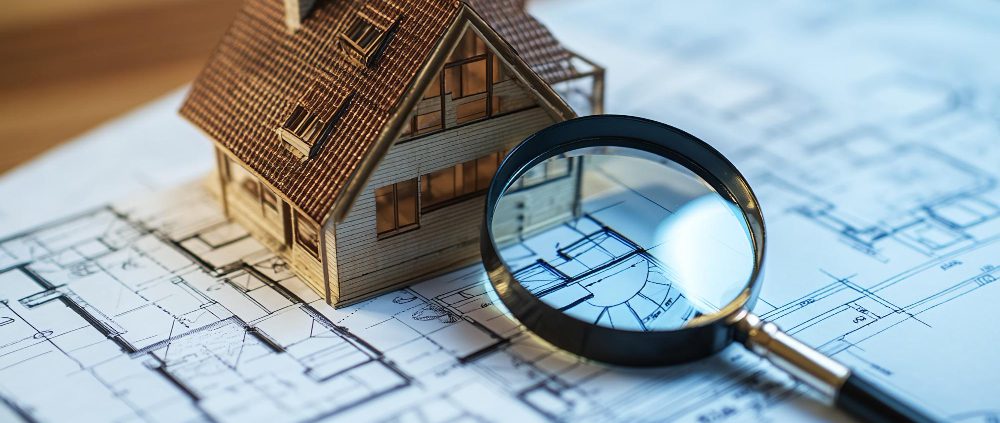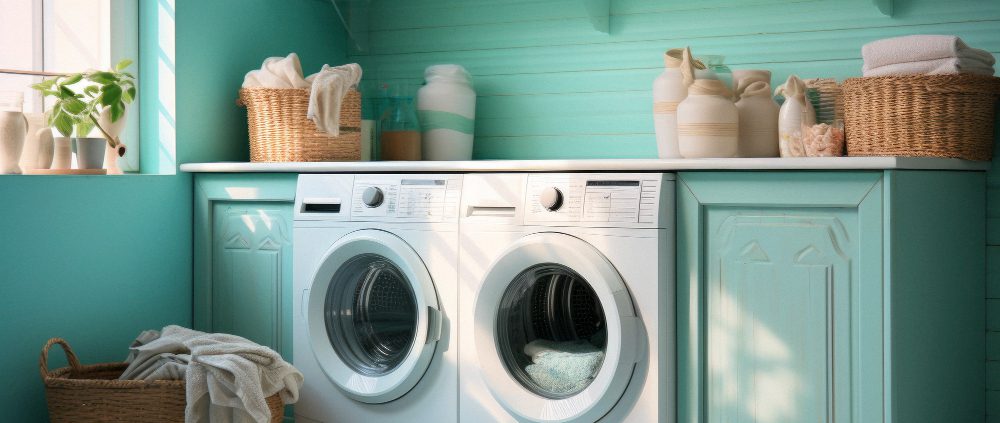When it comes to buying or selling a home, one of the most critical steps is the home inspection. For homeowners and homebuyers in Pittsburgh and the surrounding areas, foundation issues can be a serious red flag—and with good reason. Foundation problems are among the costliest and most structurally significant issues a property can face.
At Clarity Home Inspections LLC, we’ve inspected thousands of homes throughout the region. As trusted Pittsburgh area home inspectors, we’ve seen it all—from minor cracks that cause cosmetic concerns to major foundation shifts that threaten a home’s stability. This guide breaks down the most common foundation issues discovered during home inspections and what they mean for homeowners in Western Pennsylvania.
Why Foundation Issues Are So Critical
Your home’s foundation is, quite literally, what everything else sits on. It supports the structure, helps keep moisture out, and insulates against cold. If the foundation is compromised, it can lead to a wide range of other problems: uneven floors, stuck windows, misaligned doors, water intrusion, mold, and more.
In the Pittsburgh area, foundation concerns are especially prevalent due to:
-
Hilly terrain and varied soil conditions
-
Older homes with aging foundations
-
Seasonal freeze-thaw cycles that affect soil movement
-
High levels of rainfall and groundwater
This makes thorough inspections essential, particularly when buying or maintaining a home in the region.
1. Foundation Cracks
Cracks in a foundation are perhaps the most common issue we encounter. But not all cracks are created equal.
Hairline Cracks
Often found in new homes or poured concrete foundations, hairline cracks are typically caused by the curing process of concrete. These are usually cosmetic and don’t pose a structural risk.
Vertical Cracks
These are fairly common and often occur due to normal settling of the house. If they are less than 1/8 inch wide and show no signs of movement, they might not be a concern. However, they should still be monitored.
Horizontal Cracks
These are more worrisome, especially if they appear in block foundations. They can indicate hydrostatic pressure—where water-saturated soil pushes against the foundation walls—and may require structural reinforcement.
Diagonal Cracks
Often seen at the corners of windows and doors, diagonal cracks can suggest differential settling, where one part of the home is sinking faster than another.
Pro Tip from Clarity Home Inspections LLC: If you notice cracks that widen at one end, bulging walls, or if water is seeping through, it’s time to call in the experts.
2. Settling and Sinking Foundations
Over time, every home settles. But when that settling becomes uneven or excessive, it’s a red flag.
What Causes Settling in the Pittsburgh Region?
-
Clay-rich soil that expands and contracts with moisture
-
Improper site preparation during construction
-
Water erosion around the foundation
-
Tree roots disturbing the soil
Signs of Problematic Settling:
-
Uneven or sloping floors
-
Gaps between walls and ceilings or floors
-
Cracked or sticking doors and windows
-
Cracks in interior drywall or exterior brickwork
In extreme cases, you might even see a visible dip or tilt in one part of the home. Foundation piers or slab jacking may be necessary to correct these issues.
3. Bowing or Bulging Walls
This is a serious structural issue typically seen in older Pittsburgh homes with block or stone foundations. The pressure from the outside soil—often saturated with rainwater—can cause foundation walls to bow inward.
Common Causes:
-
Poor drainage
-
Inadequate waterproofing
-
Excessive hydrostatic pressure
In inspections, we often measure wall deflection and look for signs of movement over time. Bowing walls may require carbon fiber straps, wall anchors, or full wall replacement, depending on severity.
4. Water Intrusion and Drainage Issues
Foundation inspections often uncover signs of water damage, which can compromise a foundation’s integrity.
Signs of Water Issues:
-
Musty odors in the basement
-
Efflorescence (white powdery substance on walls)
-
Mold or mildew
-
Puddles or damp spots
-
Rusted metal supports or equipment
These issues are particularly common in Pittsburgh’s older neighborhoods, where homes were built before modern waterproofing standards.
Common Causes:
-
Improper grading
-
Broken or missing gutters and downspouts
-
Clogged or poorly designed French drains
-
Cracks in foundation walls or floors
While sump pumps and dehumidifiers can help, the root cause—often poor drainage—must be corrected to prevent recurring damage.
5. Poor Construction or Previous Repairs
Unfortunately, not all foundation issues are natural. Some are the result of subpar construction or DIY repairs that don’t meet professional standards.
Common Red Flags:
-
Uneven mortar in block foundations
-
Use of improper materials (like wood wedges or jacks)
-
Piers that are not to code
-
Obvious patches with mismatched materials
As certified Pittsburgh area home inspectors, we know what to look for when evaluating the quality of past repairs and identifying if they’ve held up—or if they’ve made the problem worse.
6. Foundation Upheaval
While sinking foundations are more common, some homes experience the opposite problem: upheaval.
This occurs when the foundation is pushed upward, often due to expanding clay soils, frost heave, or plumbing leaks under the slab.
Symptoms:
-
Cracked floor tiles or hardwood buckling
-
Separation of interior walls from the floor
-
Lifting or bulging in slab foundations
In the Pittsburgh climate, freeze-thaw cycles can exacerbate these conditions, particularly in homes with shallow foundations.
7. Pier and Beam Foundation Issues
While most modern homes in the Pittsburgh area use slab or block foundations, many older or historic homes still rely on pier and beam systems.
These systems can experience:
-
Rotting or sagging floor joists
-
Termite or pest damage
-
Shifting or sinking support piers
-
Inadequate crawlspace ventilation
We always inspect crawlspaces carefully, checking not only structural integrity but also moisture levels, insulation, and potential pest activity.
How Pittsburgh’s Climate Contributes to Foundation Problems
The local geography and weather patterns significantly impact foundation performance:
Freeze-Thaw Cycles:
In the winter, water in the soil freezes and expands, pushing against the foundation. As it thaws, it contracts. This repeated motion stresses the concrete or block walls over time.
Heavy Rainfall:
Pittsburgh receives over 35 inches of rain annually. Poor drainage combined with this moisture can lead to erosion, hydrostatic pressure, and water intrusion.
Soil Type:
The region’s soil often includes expansive clay, which swells with water and shrinks when dry. This movement can shift a home’s foundation over the years.
How a Home Inspection Can Help
A professional home inspection with Clarity Home Inspections LLC can identify foundation problems before they become costly disasters. We assess:
-
Exterior grading and water management
-
Cracks in walls, floors, and ceilings
-
Structural movement or deformation
-
Crawlspace and basement moisture
-
Foundation material condition and repair history
We use advanced tools to provide a clear, detailed report.
What to Do If Foundation Issues Are Found
If our inspection reveals foundation concerns, don’t panic. Many problems are fixable, especially if caught early.
Steps to Take:
-
Consult a structural engineer for serious damage.
-
Get multiple quotes from licensed foundation repair specialists.
-
Address water issues first to prevent worsening conditions.
-
Monitor cracks or movement with photographs and measurements over time.
We also recommend re-inspections every few years for older homes to stay ahead of potential problems.
The Clarity Home Inspections LLC Difference
At Clarity Home Inspections LLC, we pride ourselves on transparency, accuracy, and experience. We’ve inspected hundreds of foundations across Pittsburgh and the surrounding areas, and our local knowledge allows us to spot regional issues that out-of-town inspectors might miss.
When you choose us, you get:
-
Certified, insured home inspectors
-
Detailed digital reports with photos
-
Local expertise in Pittsburgh’s architecture and climate
-
Friendly, professional service
Whether you’re buying a home, selling one, or just want peace of mind, a foundation inspection is one of the best investments you can make in your property.

